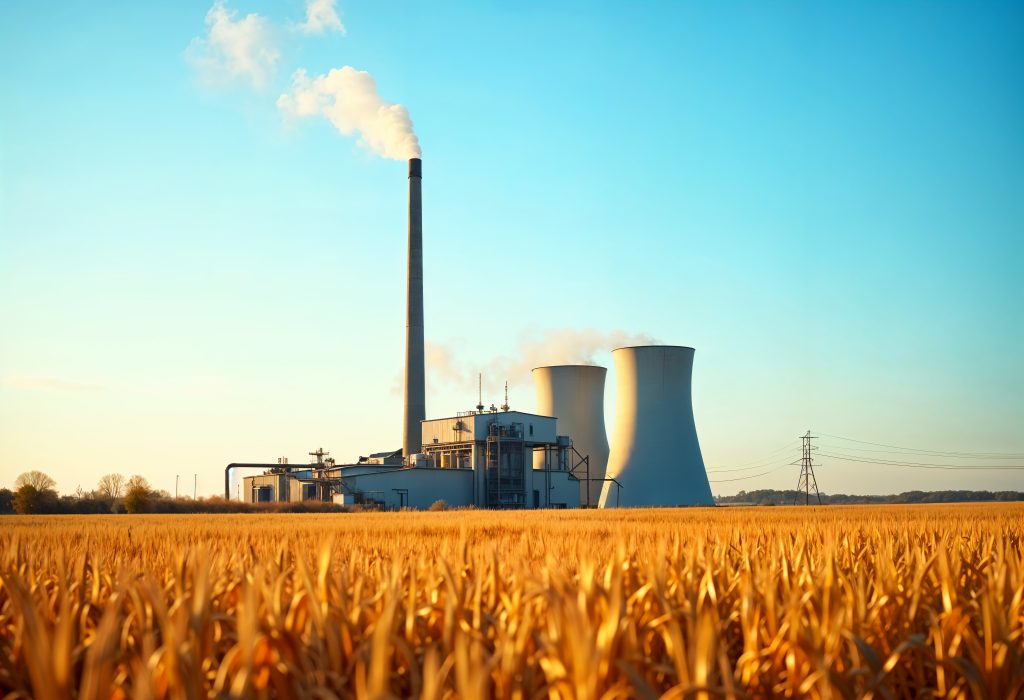
The 5th and final Chapter of Part I of the edited book ‘Law in the EU’s Circular Energy System: Biofuel, Biowaste and Biogas‘, is entitled ‘Forestry waste to biofuel and biogas: law and policy‘ and was produced by environmental law researcher, Elisa Cavallin.
‘Bioenergy is believed to have a role in meeting the international and European Union’s (EU) climate targets as biomass is considered one of the few alternatives to fossil fuel feedstock, especially in specific sectors. Forestry biomass already plays a role in decarbonisation: a large amount of forestry biomass is being used, in addition to other types of biomass, to produce bioenergy. This creates issues from a biodiversity and ecosystems preservation perspective and has given rise to social, policy and legal debates. One promising way to reduce the impact of biomass production on forests is the full application of the principles of the circular (bio)economy: the circular use of wood and wood products, and prioritisation of the use of forestry waste and residues within certain parameters are of vital importance in the pursuit of a genuinely sustainable and future-oriented energy transition.
These objectives call for adjustments to the current legal framework, particularly with respect to waste and renewables legislation in order to introduce, incentivise and give proper implementation to the principle of the cascading use of biomass and to enhance the application of the waste hierarchy in relation to forestry (waste) materials, key concepts – cascading use and waste hierarchy – in the pursuit of materials circularity in both the product and waste phases. In addition, the use of primary wood for energy should be disincentivized, and possibly entirely excluded, to meaningfully incorporate the prevention and the precautionary principles to forest management. What is more, intelligent biomass pathways are also created and nurtured through synergetic legislation, and their coherent and harmonised implementation and application across the EU.
Finally, alongside legislation and regulation, private schemes and standards may also play a role in reducing strain on natural resources and achieving better valorisation of waste materials.’


